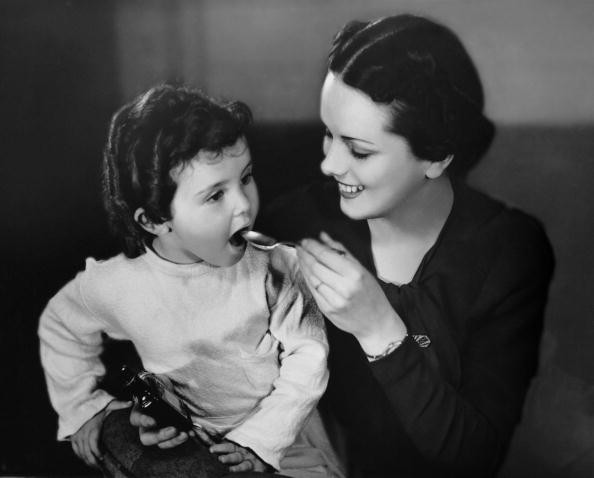Many parents are not aware that they are overdosing their kids with liquid medicines according to studies. These are the results dosing errors when medicine teaspoons and cups are improperly used.
An experiment resulted with over 80 percent of caregivers giving wrong dosages of liquid medicine to their kids that could pose them to the risk of overdosing, CNN reported. Using a syringe for liquid medicine instead of a spoon or a cup would prevent dosing errors and overdosing. To prevent dosing errors and overdosing of kid's medicine, it has been proven that the oral syringes are more reliable than dosing cups when it comes to doses.
According to the NYU Medical School associate professor and co-author of the study, published last September 12 in the journal Pediatrics Dr. Shonna Yin, when parents are giving liquid medicine, the dispensing of the doses quadruples with the use of cups compared when using syringes.
Yin said that more than 20 percent of the parents at least had one incidence of dosing error and overdosing by dispensing the kid's medicine doses twice compared to the dosage listed on the label.
In a study it has been revealed that a lot more errors were done when parents are given teaspoon-only medication labels even though they were provided with measuring equipments that have indications of measurements of both teaspoons and milliliters.
As expressed by the Chief of General Pediatrics Dr. Minu George of Cohen Children's Medical Center in New Hyde Park, N.Y., the dosing errors and overdosing of kid's medicine may result to critical and serious consequences, as reported by CBS News.
Dr. George added that when it comes to a very little kid, you could easily overdose a child. The repercussions and consequences could be very serious as death and it depends on the kind of medication administered. Dr. Blair Hammond, an assistant professor of pediatrics of The Icahn School of Medicine at Mount Sinai in New York City said that the children too can receive less than the required dosages.
This is also an issue with regards to the antibiotics, when it is critical that they receive the correct doses of liquid medication. Dr. Stan Spinner, Texas Children's Pediatrics' chief medical officer also recommended to administer liquid medications using syringes. Spinner reckons it is more essential that dosages of the kid's medicine to be expressed as milliliters.
The researchers stated that two-thirds of dosing errors are caused by overdosing.




























